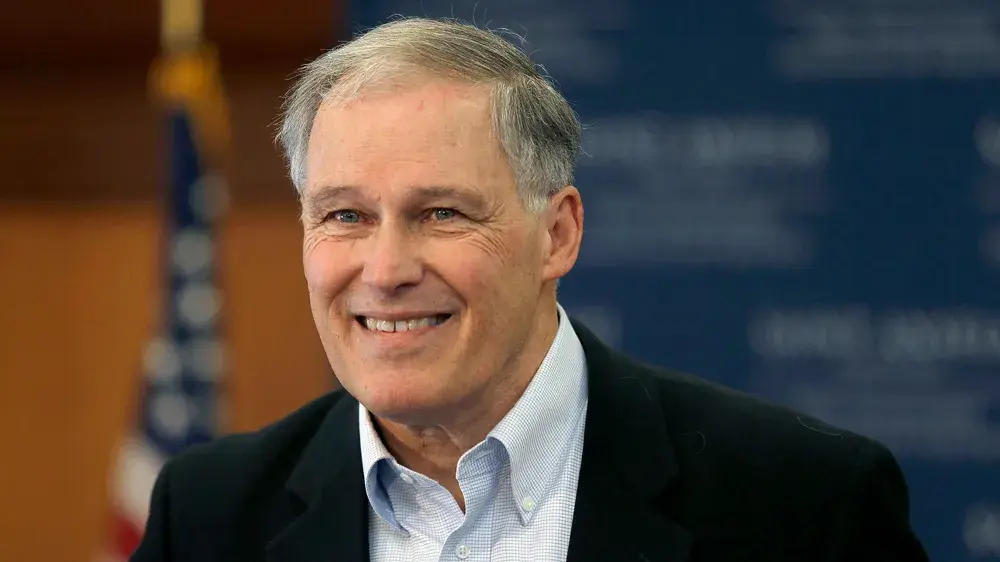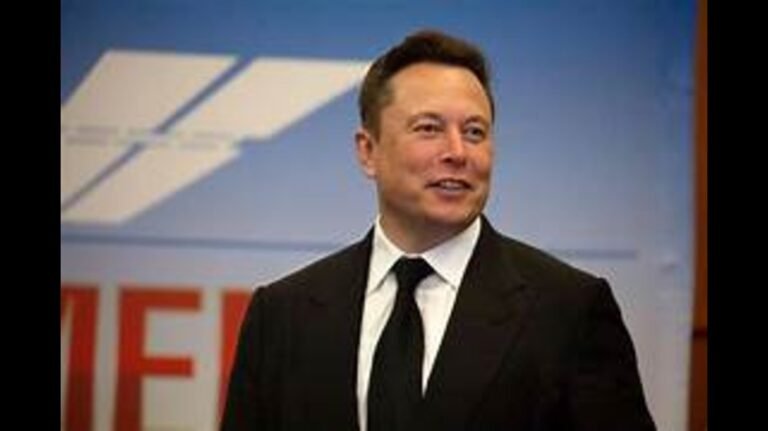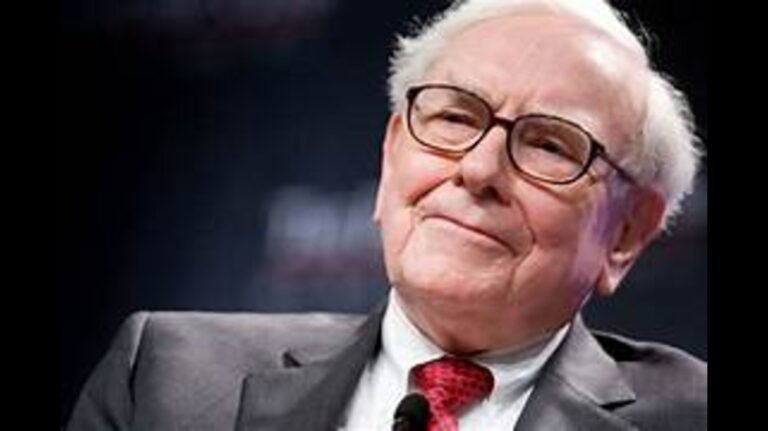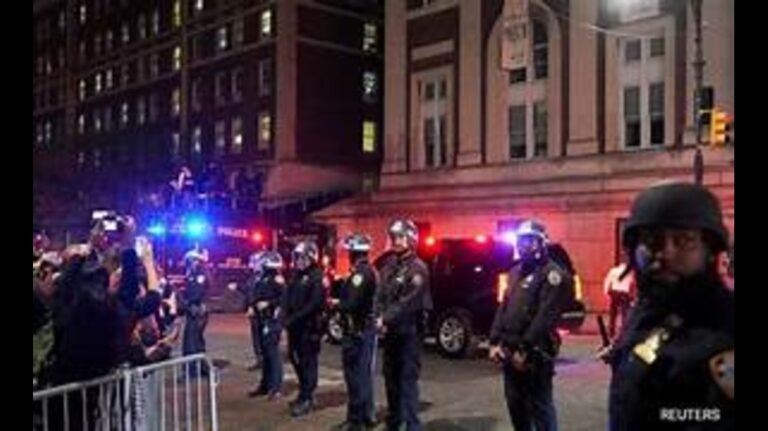Governor Jay Inslee of Washington is dedicated to making the Evergreen State a leader in sustainability, and he believes that his approach might offer a guide for the rest of the country.
Ever since assuming office in 2013, Governor Inslee has led initiatives to mitigate the consequences of climate change, ranging from cutting carbon emissions to switching to electric cars. Inslee, a former member of Congress and fifth-generation Washingtonian, ran for the Democratic presidential candidature in 2020 and was elected to a third term as governor.
In the U.S. News Best States rankings earlier this year, Washington was voted the top-ranked state overall for the second consecutive year. Inslee recently discussed his state’s innovations in health care, education, infrastructure, and other fields with U.S. News. He also discussed what he observed and learned from Washington, which was one of the early COVID-19 hotspots in the country.
Naturally, transport plays a major role in any community’s economy. We have adhered to a number of ideals. First, keep what you have. The skill of keeping your roadways free of potholes is one that is sometimes overlooked. Secondly, we have deliberately constructed a transit network for the future, not the past. This entails more environmentally friendly, sustainable transport infrastructure developments that capitalise on cutting-edge innovations to address the pressing problem of climate change. We covered multimodal, low-carbon technology including light rail, bicycles, and walkways in our most recent package. We’ve made an effort to provide you with additional alternatives for public transit that emits less pollution and can operate more routes more often.
In state history, the proportion of our infrastructure projects dedicated to such mode of transportation reached a record high.
Two things force this to happen. First and foremost, we must lower carbon emissions per mile travelled. We are aware that climate change poses an existential risk. No. 2: Although we’re a fantastic state, we’re not producing more soil. There is no more space for us. Thus, 24-lane motorways are out of the question. More targeted travel needs to occur in each mile of the route. Thus, those two factors made a far more sophisticated transportation system necessary. We’re not done yet. This year, we want to make even more progress.
Get rid of the antiquated, Jim Crow filibuster so that this country may advance. That would greatly simplify everything. In the absence of it, our only option to advance our country is to be as tenacious as we can and, whenever feasible, employ reconciliation. This filibuster halts much too much advancement. Even in a reasonably blue state, I can assure you that 70% of what we have accomplished would not be possible if it existed in my state. You must make progress.
This is essential infrastructure, after all. Broadband is undoubtedly this century’s railroads. At the start of the epidemic this year, we made significant expenditures to increase the number of kids who have access to broadband. However, we still have work to do.
The first thing that comes to mind when someone thinks of infrastructure is bridges and highways; broadband connectivity should be prioritised. Thus, we have high hopes for a healthy capital budget that supports internet infrastructure in 2019. You mentioned that we are in sixth place. Additionally, we would aim to lead in broadband.
I’m not the first to argue that this is a human right, though. It is really significant to us. I’m glad that our state took the lead in offering the country’s first truly public option because of this. Cascade Care is developing quite nicely. It is undoubtedly appropriate that it was completed at the same time that COVID-19 struck. Thus, we recognise the significance of universal healthcare. That will keep happening.
It hasn’t gone by as quickly as we’d want. Although it may seem counterintuitive, the COVID epidemic slowed down the pace at which our healthcare system is adopting this completely. Therefore, once the vaccine becomes available, we want to expedite this. I have no doubt that this will catch on very quickly. However, it has been effective in that the fundamental framework is in place. I believe that 40% of the new members this year have signed up through Cascade Care. That’s encouraging, then. The people are prepared for this major event. It is essential. We hope it acts as a model for the country to truly make the next significant move.
I believe that our state has some advantages that have helped us through the COVID epidemic. Possibly the most important is our regard for science, innovation, and a critical eye when making choices based on the most recent and high-quality scientific research. We’ve found it to be quite helpful in responding to COVID-19. Science told us that we needed to act quickly to contain this epidemic. Relatively early on, we decided to enforce social distance. We had to stop part of our operations early, but that early judgement paid us handsomely in terms of lowering the transmission rate. Although it was contentious, that had to be done. Additionally, Keeping these occasionally divisive policies in place has saved thousands of lives.
According to Martin Luther King Jr., the moral world has a vast arc that bends in the direction of justice. It’s a long haul, and in my state, we haven’t there yet. As a result, we truly keep equality in mind for everything we do. To ensure that equality is a priority for all of our agencies, we established one of the first offices of equity.
It is, of course, crucial to our COVID reaction. We’ve made a conscious effort to reach out to those who would not otherwise receive adequate care. Recently, I visited a pop-up clinic in Vancouver, Washington, which is located near many BIPOC (Black, Indigenous, and People of Colour) neighbourhoods. The clinic’s purpose is to provide more access to these populations, who would not otherwise have it.
It implies that we focus on hiring when the relevant demographics are present in the hundreds of commissions and jobs we’ve made. This indicates that the Department of Transportation makes a conscious effort to provide BIPOC contractors that work with us with improved access.
It implies that we lessen the inequities in discipline within our educational system. Numerous children have experienced inconsistent discipline, which has limited access to school. In order to prevent disparities, we have just developed a new method of teaching teachers.
It implies that we lessen the inequities in discipline within our educational system. Numerous children have experienced inconsistent discipline, which has limited access to school. In order to prevent disparities, we have just developed a new method of teaching teachers.
It implies putting a lot of emphasis on college access. We’ve been concentrating so much on raising our financial aid because of this. We have the most accessible higher education system in the nation today, I’m glad to say, thanks in large part to our generous financial aid package for low-income students, which has undoubtedly played a major role in expanding college access for the BIPOC community.
It indicates that we use proactive law enforcement tactics to lessen the inequality and violence that come with dealing with the public. Not only have our police received greater training this year, but I also think we will adopt legislation that will allow us to conduct completely independent investigations into any incidents of violence between law enforcement and the public.
We have included access to lessen the disparity in the impact of climate change on BIPOC populations in all of our climate change initiatives. Our 100% clean energy law is the finest in the country, in part because it places a strong emphasis on mitigating the impact of climate change on BIPOC communities. It guarantees that initiatives related to mitigating climate change prioritise employment equality and equitable investment in areas that have experienced significant hardship. We performed it better than any other state in the nation at the moment with our 100% clean electrical grid bill.
That’s a brief summary. I’m certain I omitted five items from our efforts to prioritise equity in all that we do.








+ There are no comments
Add yours